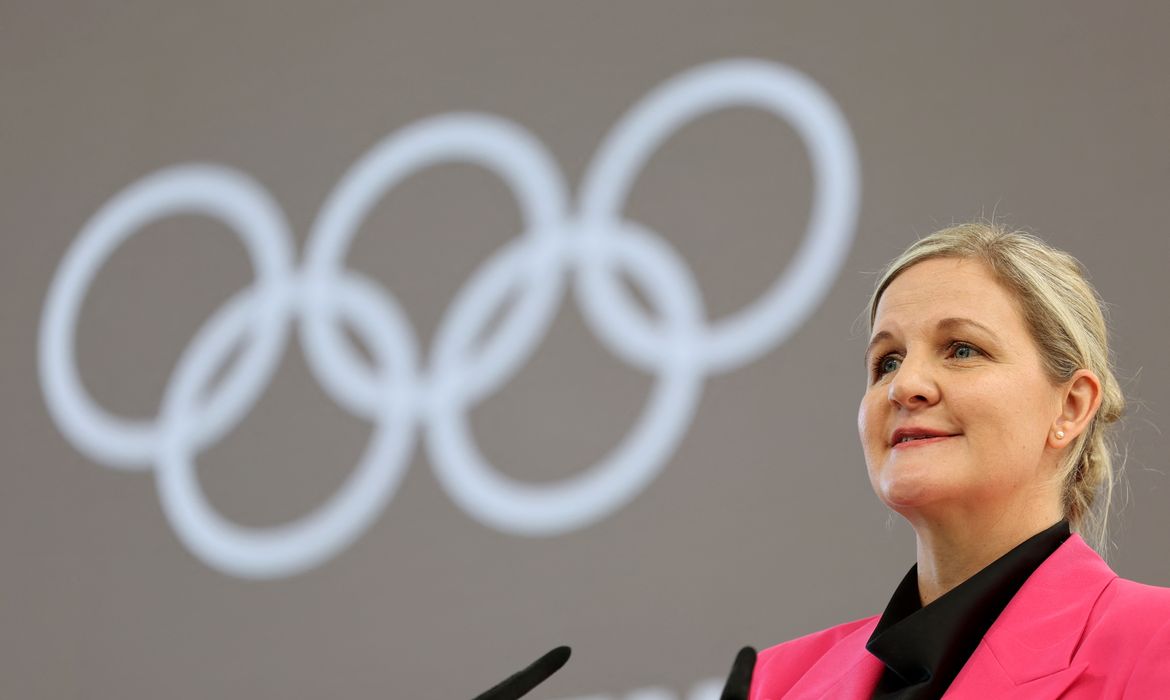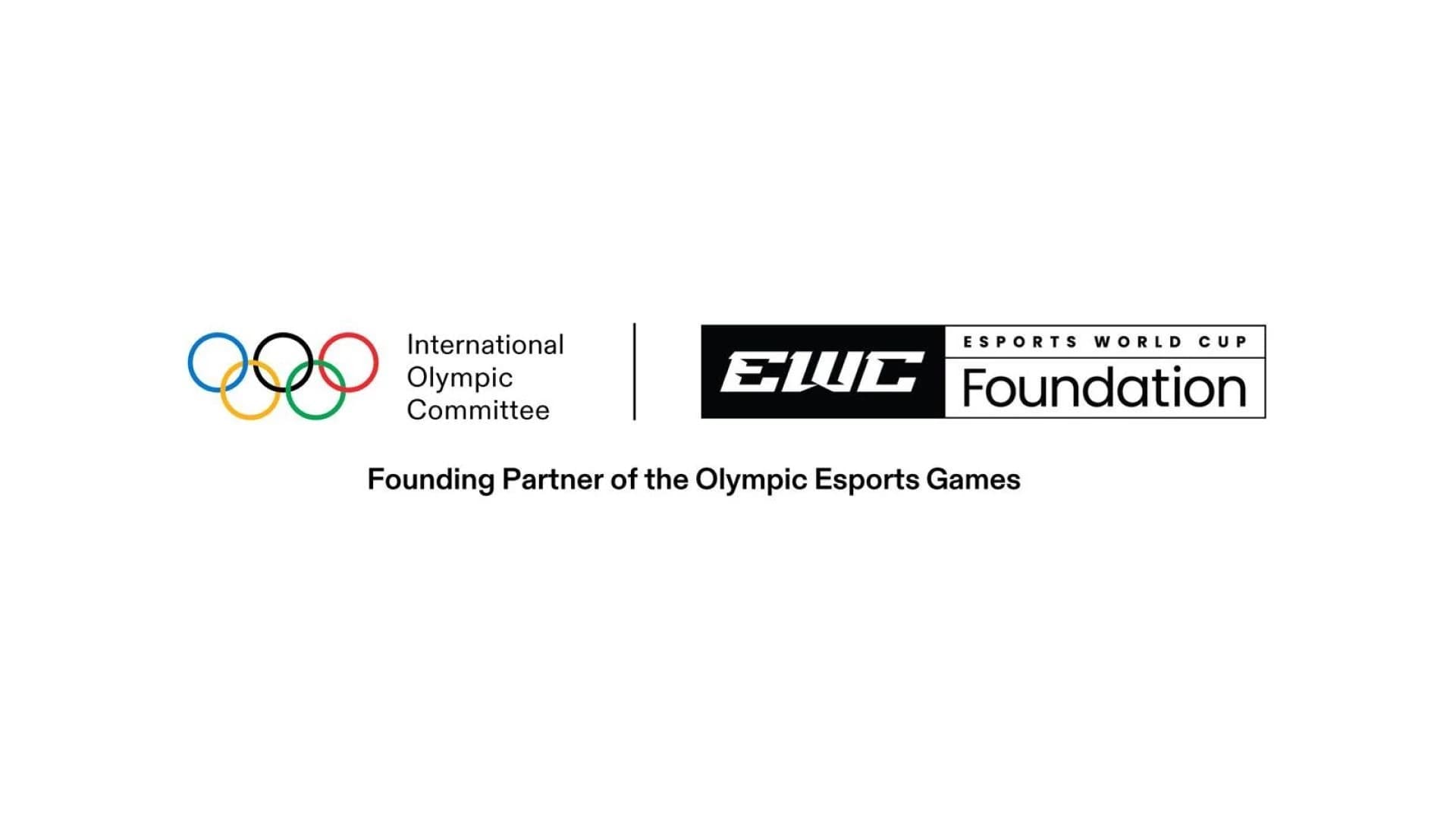International Olympic Committee and Saudi Arabia's 12-Year Partnership Ends After Just 14 Months
The International Olympic Committee and Saudi Arabia have terminated their 12-year partnership to host the Olympic Esports Games in Riyadh, announced today, October 30, 2025. The cancellation, which comes a mere 14 months after the partnership was announced during the 2024 Paris Olympics, exposes the architectural incompatibility between two institutions operating from irreconcilable philosophical foundations.
On the surface, the decision appears straightforward: the IOC and the Saudi Olympic and Paralympic Committee (SOPC), along with the Esports World Cup Foundation (EWCF), issued a joint statement confirming they would "end their cooperation on the Olympic Esports Games," with both parties committed to pursuing their own ambitions "on separate paths".
What the corporate language obscures, however, is that this collapse highlights the structural tensions that have plagued Olympic esports integration for over a decade.
The Vision Collision
The Saudi vision was pragmatic and esports-aligned: Saudi Arabia brought the EWCF, an organization already embedded in competitive gaming, to manage operations. The kingdom had already proven its esports infrastructure through the Esports World Cup, featuring mainstream competitive titles like Counter-Strike and League of Legends. For them, Olympic branding represented an overlay of legitimacy across a gaming ecosystem that had already achieved global scale and financial success. The kingdom wanted Olympic ceremonial status without operational interference.
The IOC, by contrast, sought to import its traditional values (universality, excellence, non-violence) into competitive gaming. The obvious barrier appeared immediately: the IOC's preferred esports titles are simulation games that mirror traditional Olympic disciplines. The 2023 Olympic Esports Week in Singapore showcased archery simulations, cycling games, sailing simulators, and chess, activities that align with Olympic sports. When forced to engage with actual mainstream esports, the IOC has consistently prioritized titles that don't feature violent content or that can be presented in sanitized formats.
 The Esports World Cup 2025 was an event to remember. (Credit: Esports World Cup)
The Esports World Cup 2025 was an event to remember. (Credit: Esports World Cup)The Content Conflict
First-person shooters were always going to be problematic in this partnership. Shooter titles generate massive competitive audiences, thousands of players, hundreds of millions in viewership, and yet they fundamentally contradict the IOC's stated commitment to values. Former IOC president Thomas Bach repeatedly cautioned about "killer games" that promote violence or discrimination, noting these could not align with Olympic principles. When announcing the Saudi partnership in 2024, Bach awkwardly emphasized that "Olympic values would be respected, particularly in regard to game titles"... a careful phrase that revealed the tension before it fully surfaced.
Saudi Arabia, hosting the Esports World Cup featuring these exact titles with sponsorship from the Crown Prince himself, simply refused to strip back its competitive offerings to satisfy IOC preferences. The kingdom's esports vision prioritizes financial success and industry legitimacy, not Olympic ideological alignment.
 Violence, Guns and Blood? Yay for EWCF, Nay for IOC (Credit: Call of Duty)
Violence, Guns and Blood? Yay for EWCF, Nay for IOC (Credit: Call of Duty)The Intellectual Property Quagmire
Beyond game selection lay a structural incompatibility that rarely receives adequate discussion: intellectual property control. Unlike traditional Olympic sports, where the IOC maintains authority over governance, athlete eligibility, competitive structures, and event formats, esports titles are assets protected by copyright. Publishers like Activision Blizzard, Valve, and Riot Games maintain control over their competitive ecosystems. They dictate tournament formats, balance changes, and feature modifications. The IOC's standard operational model assumes institutional control over the events it sanctions.
The EWCF represents a hybrid approach: it serves as a middleman between publishers and competition, but it doesn't own the games themselves. For an IOC accustomed to complete governance, this limitation was fundamentally uncomfortable.
Kirsty Coventry's Catalyzing Clarity
The timing of the cancellation matters significantly. Thomas Bach negotiated and announced the Saudi deal, often appearing to rationalize the partnership despite obvious philosophical tensions. Kirsty Coventry, elected as IOC president in March 2025 and taking office in June, brought a very different operational philosophy.
Coventry, a former Olympic swimmer from Zimbabwe and the IOC's first female and first African president, immediately launched what she called a "Pause and Reflect" consultation process with Olympic stakeholders. Her public statements emphasized non-negotiable principles:
"Values are what have led this movement for over a hundred years. It's what's kept this movement intertwined together. And that is something that we can never compromise."
Unlike Bach's occasional apologetic tone regarding values conflicts, Coventry framed values adherence as institutional non-negotiable.
Within seven months of her presidency, the Saudi partnership was terminated. This suggests Coventry may have recognized something her predecessor had papered over: the IOC and the esports industry aren't negotiating. They're engaged in a fundamental values disagreement masquerading as a partnership discussion.
 Kirsty Coventry's presidency is already showing early signs of change (Credit: EBC)
Kirsty Coventry's presidency is already showing early signs of change (Credit: EBC)What Follows
The IOC announced it will develop "a new approach" and pursue a "new partnership model," with Singapore emerging as a possible alternative host. The organization acknowledged that feedback from both the Olympic Movement and esports stakeholders shows "considerable support" for Olympic esports integration, yet this reset likely won't resolve the core tension. Singapore hosted the first Olympic Esports Week and remains friendly to Olympic objectives, but any host will face the same question Saudi Arabia encountered: accept the IOC's constraints on competitive integrity and game selection, or pursue esports ambitions independently.
Saudi Arabia has already moved forward. The EWCF announced the Esports Nations Cup in August 2025—a biennial country-versus-country format launching in Riyadh in late 2026 with a comparable prize pool to the Esports World Cup. The kingdom didn't lose operational capacity; it lost ceremonial Olympic branding. The third Esports World Cup is confirmed for summer 2026, and the crown prince continues funding esports infrastructure at a scale the IOC could never match.
A Structural Problem To Persist
The split between the IOC and Saudi Arabia underscores a persistent dilemma: reconciling the Olympic Movement's values-driven governance with the decentralized, content-rich world of esports. As the IOC strives for relevance among younger audiences, the price of entry is clear: either embrace esports titles that test the boundaries of Olympic principles or accept an esports model that doesn't fit traditional competitive standards. The recent cancellation reveals that, for now, Coventry's IOC sees neither path as reasonable.
This breakdown was not due to failed execution but to a deeper institutional incompatibility that surfaced as soon as theory met reality. Until the Olympic Movement confronts and resolves these foundational differences, future Olympic esports initiatives will likely confront the same roadblocks.
Stay tuned to Strafe Esports for more news and information. Don't forget to follow us on social media for real-time updates of your favorite games.
Feature image credit: International Olympic Committee and Esports World Cup Foundation
Read also:
Skarner Gets Some Love! League of Legends Patch 25.22 Preview: Yone Buffs, LeBlanc Nerfs, and More!
Zellsis Departs from Sentinels; Reportedly Joins Cloud9
Fall of the West: G2 Esports Are Eliminated from Worlds 2025
